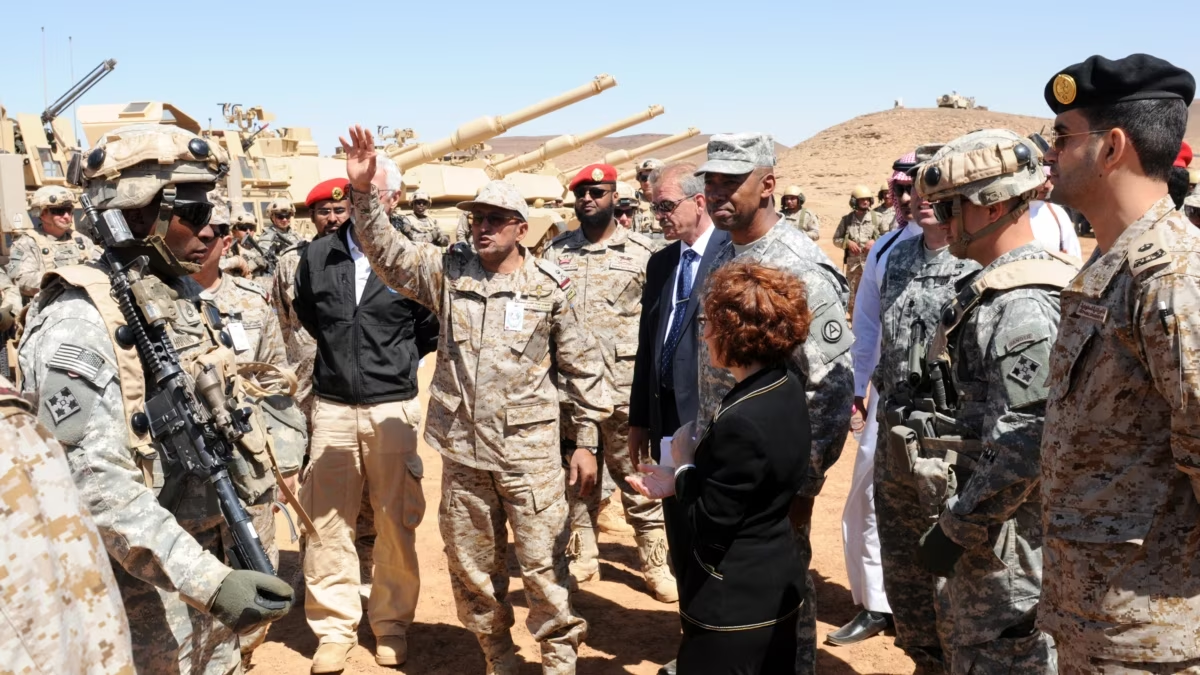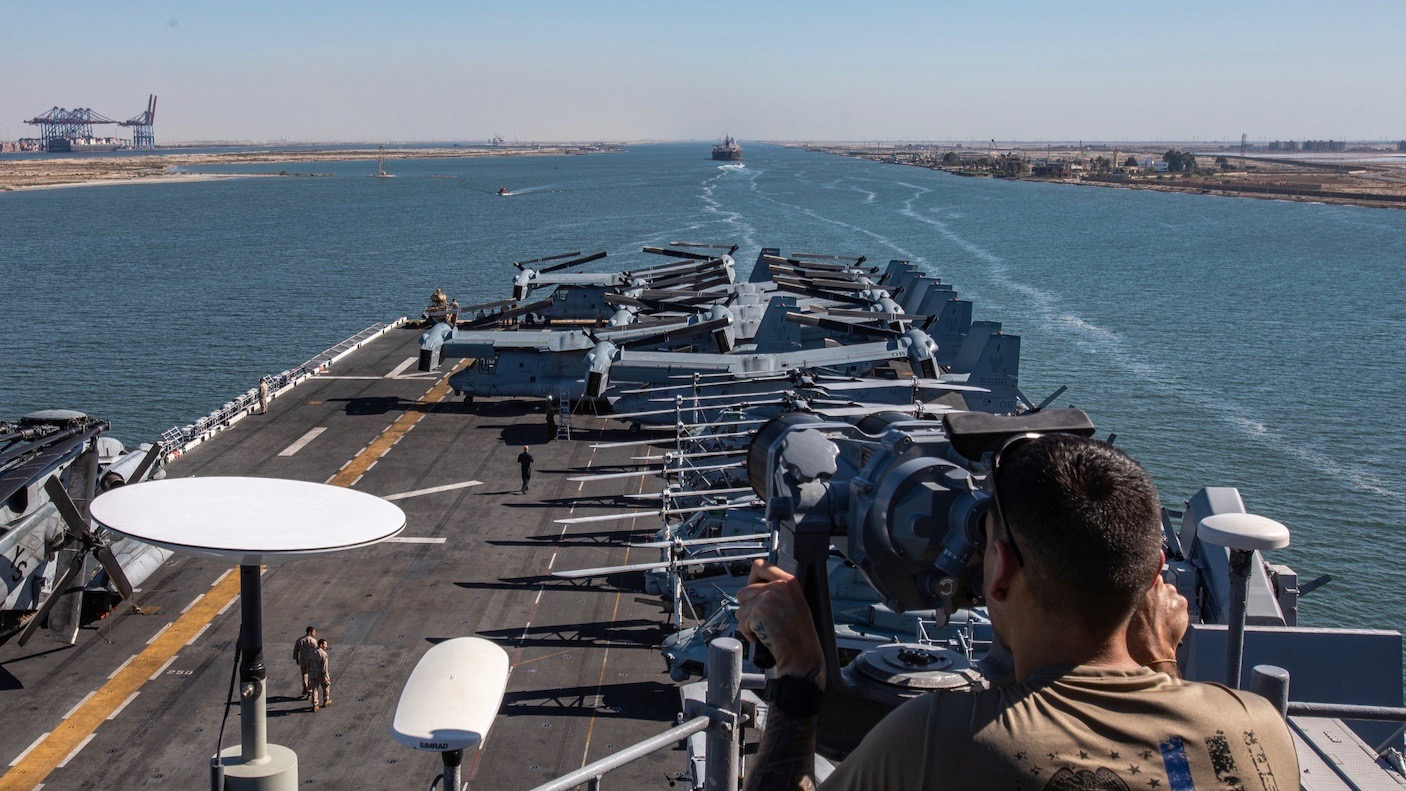The recent deployment of over 3,000 US soldiers to West Asia has sparked concerns over escalating tensions and the perpetuation of a cycle of conflict in the region. The move, justified by alleged Iranian threats to ships in the area, points to a broader pattern of Western military involvement and raises questions about ulterior motives behind such actions.
On August 6th, the US dispatched soldiers from the Bataan Amphibious Ready Group and the 26th Marine Expeditionary Unit to the Red Sea, aboard the warships USS Bataan and USS Carter Hall. The US Fifth Fleet, stationed in Bahrain, cited the need to deter "destabilizing activities" by Iran as the reason for the deployment. However, this move comes as part of a larger trend of increasing US military presence in the Persian Gulf, with additional fighter jets having been deployed last month.
These actions are framed by the US as measures to ensure security and safeguard against alleged Iranian aggression, particularly the seizing of ships in the region. Iran has repeatedly contested these claims, maintaining that its actions are aimed at maintaining the security of the Persian Gulf from illegal trade and ensuring national safety.

Critics view the US deployment as deliberate provocation, questioning its true intentions. Nasser Kanani, Iran's Foreign Ministry spokesperson, suggested that historical evidence points to the US prioritizing its own interests rather than regional stability. The presence of thousands of US troops across the region is seen as a means to further strategic objectives.
Notably, Iran has proposed a regional maritime security regime to counter external interventions in the Persian Gulf. This suggestion underscores Iran's belief that security in the region should be managed by local countries rather than external powers. However, the US has openly opposed this idea, which hints at the underlying struggle for influence and control.
This escalation of tensions is particularly worrisome given the history of confrontations between Iranian and US naval forces in the area, often referred to as the "tanker war." The Persian Gulf's strategic importance, supplying a significant portion of global energy needs, exacerbates the situation, making it crucial for all parties to exercise restraint.
As history has shown, such military escalations have far-reaching consequences, impacting not just the countries directly involved but also regional stability and global security. This raises questions about the true intentions of these deployments and whether they serve the interests of lasting peace or simply perpetuate a cycle of conflict.
In a world striving for diplomacy and cooperation, the continued militarization of regions like West Asia under the banner of security demands closer scrutiny. It's imperative to consider alternative paths, such as collaborative security arrangements proposed by the nations in the region, that could pave the way for a more stable and peaceful future. As global citizens, it's crucial to question the motivations behind such military actions and advocate for solutions that prioritize dialogue and lasting stability over a show of force.

